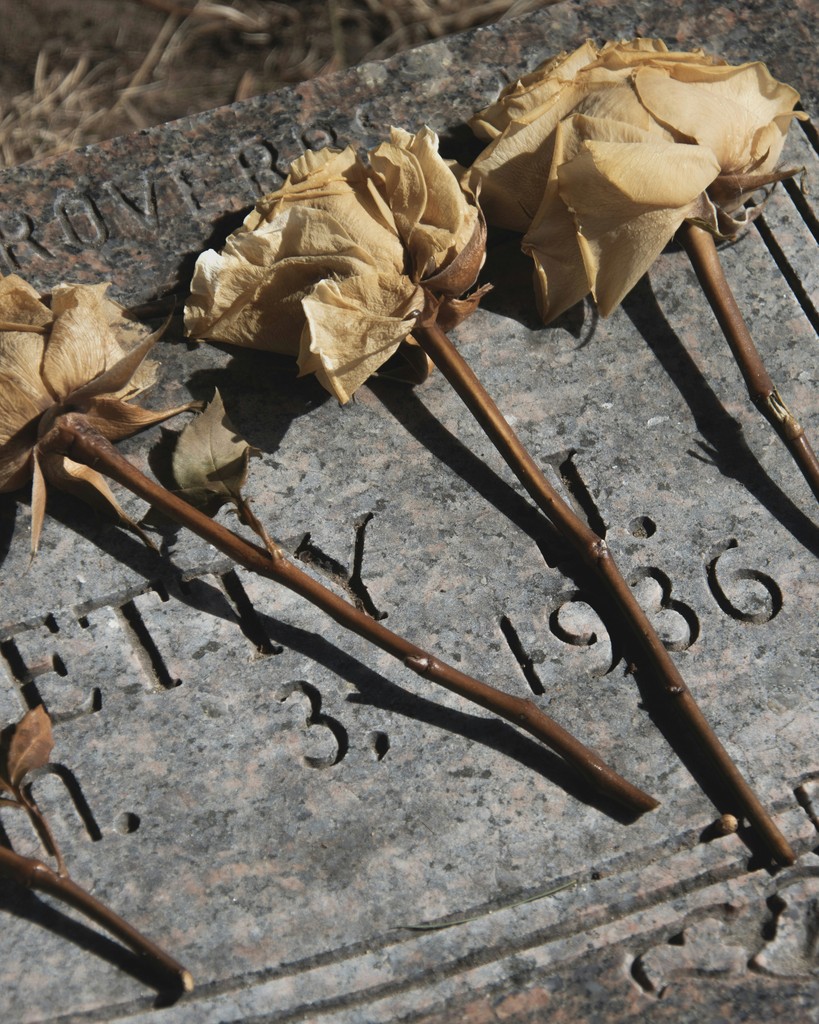
Ryan
Jan 13, 2024
Paștele Blajinilor: Moldova’s Ancestral Honors
It is hard to overestimate the importance of Paștele Blajinilor in the rich canvas of Moldova’s customs.
Observed on the Monday that falls after Orthodox Easter Sunday, this day is set aside to pay tribute to the dead.
Going to the cemetery is not a simple act; Paștele Blajinilor is a wonderful way of honoring the departed and cherishing the strongest connection people have—family.
We also believe in this at Confinity, a company that aims to preserve digital legacies, and therefore, we see the correlation.
Therefore, let us begin a tour through Paștele Blajinilor to discover how it reflects on the need to value family memories.
A Day Steeped in History: Paștele Blajinilor: Its Origins
Paștele Blajinilor may have its roots in the pre-Christian era, associated with the cult of the dead.
Slowly and gradually, the tradition became linked to the Orthodox Easter, which was duly observed as a ritual and a religious event.
Nowadays, Paștele Blajinilor is one of the most significant cultural events in Moldova, a meaningful link between the old and the new.
A Time for Remembrance: Going to the Cemetery
Thus, the focal point of Paștele Blajinilor is visiting the graves of the departed. People take food and decorations to the graves, and often, during this time, people paint eggs and carry bread, wine, and sometimes even cooked meat in baskets.
These are not just items of mourning; it is also believed that the deceased is still here with the living.

A Celebration of Life: Giving and Recycling
Paștele Blajinilor is not only a time for reflection. It also becomes a time when people reunite with their families and cherish their forefathers’ lives.
As for the graves, it is customary that after visiting them, families gather nearby and have a meal, talk, and joke.
This act of sharing enhances family relationships and ensures that the memories of the dear ones are not forgotten.
Symbolic Feasts: Food and Tradition
Food is also a major part of the Paștele Blajinilor celebration. Colored eggs are one of the significant elements that symbolize the renewal of life. Some of these include bread, which is the body of Christ, and wine, which is the blood of Christ, which are also shared.
These food items provide the body with nutrients, the celebrants’ roots, and their faith.
A Time for Forgiveness: Reconciliation and Renewal
Paștele Blajinilor is also considered a period of forgiveness and making up with people one has had a misunderstanding with. This could also be a time when families work on their relationships or solve any problems that might have occurred.
In isolation, forgiveness enables the celebrant to free negative energy and welcome new and positive energy.
Honoring Heroes: Honoring the Fallen Heroes
However, the event of Paștele Blajinilor has acquired another meaning in recent years. This day is also usually used to visit the graves of the soldiers who have died in the line of duty.
This remembrance keeps reminding people of their sacrifice and that they did not die in vain.
A Bridge Between Generations: Preserving Culture
It can be noted that Paștele Blajinilor plays a significant role in preserving culture and passing it on to posterity. Thus, young people who engage in practices such as paying tribute to the dead, sharing food, and recalling relatives and ancestors become aware of their traditions and the significance of genealogy.
The Power of Storytelling: The Essence of Reminiscence
This paper identifies stories as an essential aspect of Paștele Blajinilor. The elders tell stories of their departed relatives to ensure they are not forgotten while passing on the lessons they learned from their decease.
Thus, in the internet age, Confinity provides a means of preserving these stories for the next generations.
Imagine this:
When the families meet for Paștele Blajinilor, they can find a selection of stories, photos, and maybe even videos about their ancestors on the loved one's Confinity profile.
This makes the younger generation feel that they are related to their ancestors, whom they did not get a chance to meet.
Frequently Asked Questions
Q. When is the Paștele Blajinilor observed?
A. Paștele Blajinilor is celebrated on the Monday after the Orthodox Easter Sunday.
Q. Paștele Blajinilor, what does this term mean?
A. In English, it is known as Easter of the Departed or Parental Easter.
Q. Is Paștele Blajinilor a religious holiday?
A. Although it takes place during Orthodox Easter, Paștele Blajinilor is not a religious holiday, and almost every Moldovan celebrates it regardless of their faith.
Q. What do people transport to the cemetery for the Paștele Blajinilor?
A. families usually take eggs, bread, wine, cakes, flowers, and candles.
Q. What is the event of Paștele Blajinilor?
A. It is a time when people go to cemeteries, tidy up the graves, prepare them with flowers and other accessories, narrate stories and incidences of the departed persons and even pray for them, and also have a simple meal.
Q. is Paștele Blajinilor a sad occasion?
A. In this case, the aspect of memory is present, but the concentration is on the joy of life and the continuity between generations.
Q. Are there any foods that are traditional to Paștele Blajinilor?
A. Moldovan pastries, such as "cozonac," are also included in the food baskets delivered to the cemetery.
Q. Am I allowed to participate in Paștele Blajinilor if I am not a Moldovan?
A. Absolutely! If a friend or a family member of a Moldovan invites you, it is an excellent chance to attend this unique cultural event.
Q. In what other ways can I gain exposure to the traditions of Moldova?
A. You can find useful information on Paștele Blajinilor and other Moldovan traditions in the cultural centers of Moldova, online resources, and travel blogs.
Q. What other traditions are there in different countries?
A. Most societies have special days to remember their ancestors, including the Day of the Dead, which is Mexican in origin, and the Qingming Festival, which is Chinese in origin.

Conclusion
Paștele Blajinilor offers a valuable lesson: Thus, the generations that preceded us should not be forgotten so that future generations have a better future.
Technology can be beneficial here at Confinity. With our help, you can preserve the stories and customs connected with Paștele Blajinilor and share them with others so they do not disappear.
Thus, Confinity will be happy to partner with you in paying tribute to your ancestors and creating a worthy legacy for future generations.
